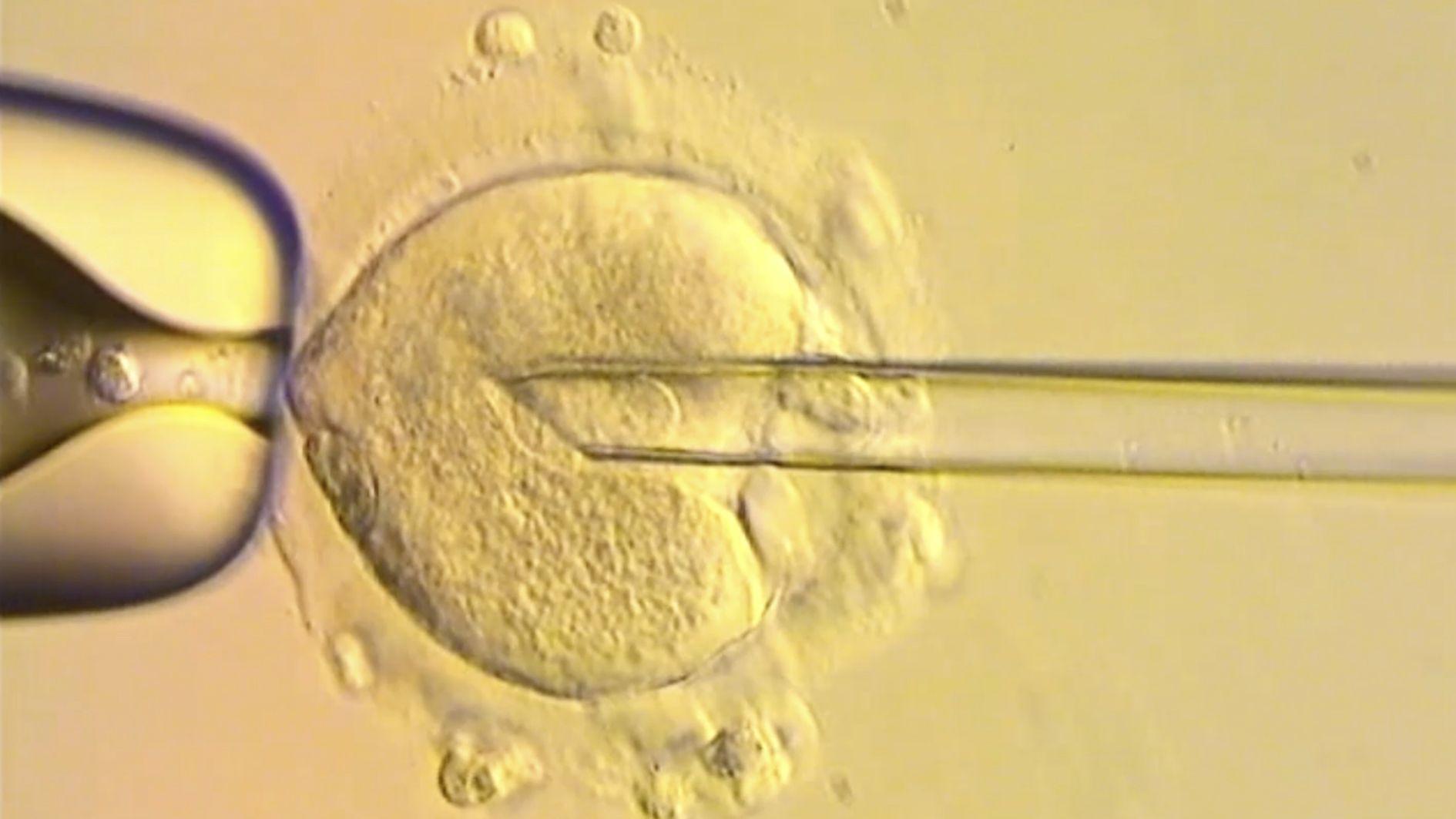
Eight healthy babies have been born in the U.K. using a new in-vitro fertilization (IVF) technique that successfully reduced their risk of inheriting genetic diseases from their mothers, the results of a world-first trial said on July 17.
The findings were hailed as a breakthrough which raises hopes that women with mutations in their mitochondrial DNA could one day have children without passing debilitating or deadly diseases on to the children.
One out of every 5,000 births is affected by mitochondrial diseases, which cannot be treated, and include symptoms such as impaired vision, diabetes and muscle wasting.
In 2015, Britain became the first country to approve an IVF technique that uses a small amount of healthy mitochondrial DNA from the egg of a donor, along with the mother's egg and father's sperm.
Some have called the result of this process "three-parent babies," though researchers have pushed back at this term because only roughly 0.1 percent of the newborn's DNA comes from the donor.
The results of the much-awaited U.K. trial were published in several papers in the New England Journal of Medicine.
Out of 22 women to undergo the treatment at the Newcastle Fertility Center in northeast England, eight babies were born. The four boys and four girls now range from under six months to over two years old.
The amount of mutated mitochondrial DNA, which causes disease, was reduced by 95-100 percent in six of the babies, according to the research.
For the other two newborns, the amount fell by 77-88 percent, which is below the range that causes disease.
This indicates the technique was "effective in reducing transmission" of diseases between mother and child, one of the studies said.
Nils-Goran Larsson, a Swedish reproductive expert not involved in the research, hailed the "breakthrough."
The new technique offers a "very important reproductive option" for families affected by "devastating" mitochondrial diseases, he added.